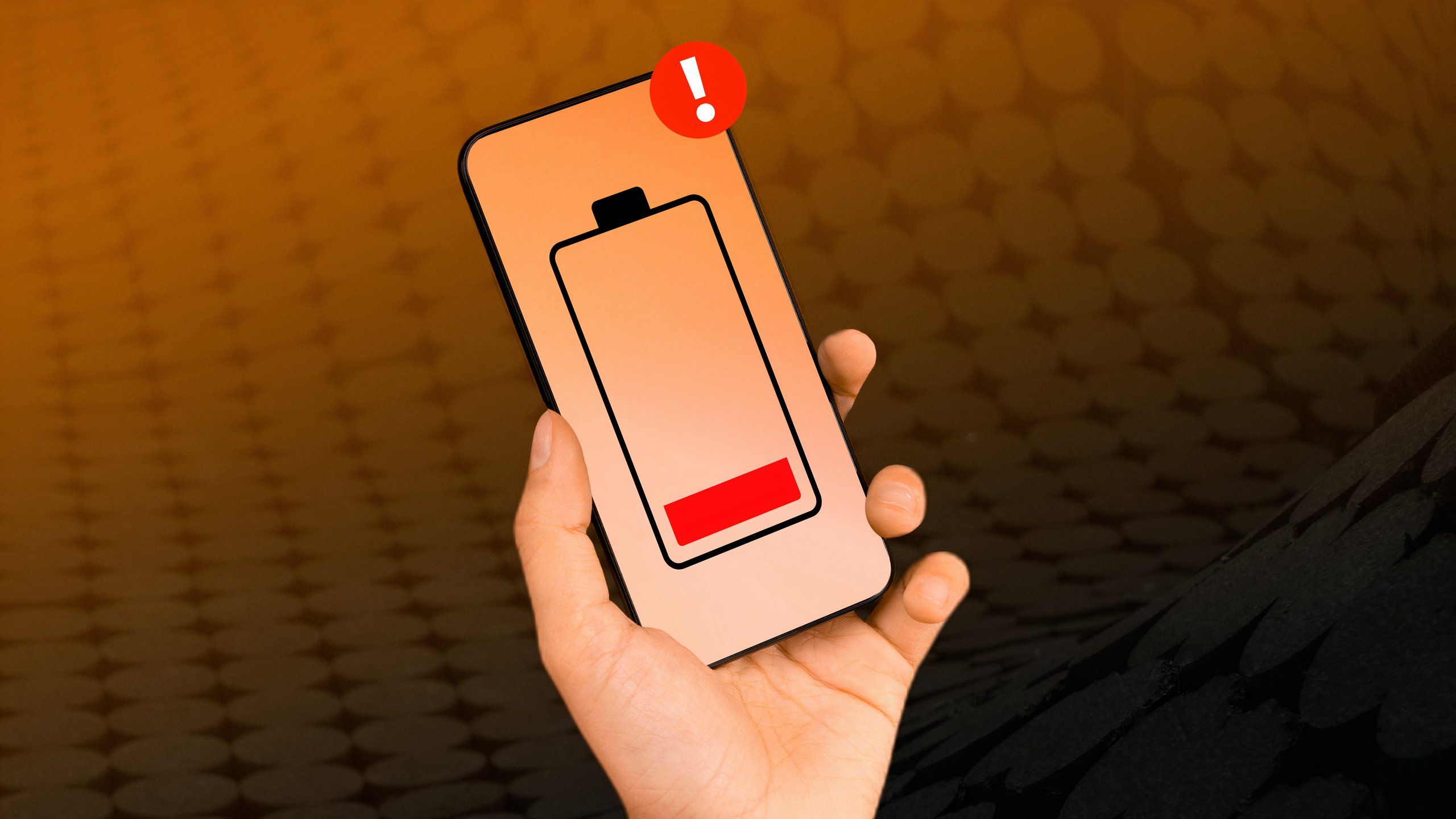What Actually Extends Smartphone Battery Life?
Battery drain in smartphones is inevitable. The moment you power on your device, you drain its battery. However, some practices can help extend the life of your phone's battery and make it last longer before it needs to be replaced. In this article, we'll explore the standard practices and misconceptions about extending a phone's battery life.
Battery life extension isn't necessarily a unique trick or hack. When a manufacturer mentions a lifespan device should be 6 years, it's based on a calculated average. But if you want to make it live longer, you might seek ways to extend its life. While 6 years might be the average if you use it optimally, you can still dip lower or higher depending on your own experience.
Battery life is similar. When a manufacturer cites that a phone lasts for 24 or 100 hours in a battery-saver mode, it's more or less a similar experience, but it won't be exact. Extending battery life means optimizing your battery and following good battery preservation practices.
Understanding Long-Term and Short-Term Battery Extension
If you want your phone to last longer throughout the day before it officially turns off, you're looking for short-term battery-saving solutions. On the other hand, long-term battery extension refers to maintaining the lifespan of a phone's battery before it needs replacing.
In both cases, you want to consider the longevity of your battery health and avoid battery degradation. Battery degradation refers to the progressive loss of battery capacity over time. It affects the storage and delivery charges. Does limiting charging to 85% actually extend battery life? In short, yes, it does.
Charging Practices: A Key to Prolonging Battery Life
Charging practices matter most, especially if you want to prolong your battery's life. However, it's not so black and white. For one, your charge speed matters, such as whether you choose rapid or regular charging.
Additionally, the actual charger matters. Unofficial chargers could affect battery life; they may be damaged or counterfeit. It's essential to use genuine chargers and cables that won't damage your phone.
The Battery Memory Effect: A Myth Debunked
Many believed that nickel-cadmium and nickel-metal-hydride batteries have a memory effect, where they gradually lose usable capacity after being recharged repeatedly. However, research has shown that lithium-ion batteries don't have this issue.
Lithium-ion batteries display no memory effect. Almost every smartphone operates on a lithium-ion battery, so you can breathe easy knowing your phone's battery won't degrade due to repeated charging and discharging.
Closing Background Apps: A Solution for Short-Term Battery Gain
The short answer is yes and no. It depends on your phone's software. Apple, for example, has an app suspension feature. Closing and re-opening an app could cause more battery drain than suspending these apps.
Most Android phones have ways to deal with background apps to mitigate battery drain; Samsung phones have a deep sleeping app list, and Pixel phones have a setting that lets you toggle on/off background activity.
The Truths and Myths Behind Charging Practices
Besides being mindful of using third-party chargers and cables that could potentially damage your phone, we've outlined the truths and myths behind charging practices and how they affect battery health in the long term.
If you genuinely want to extend your phone's battery life, we advise you to set up a charging routine and carefully monitor the displayed percentages. By following these tips and understanding the realities of charging practices, you can make your phone's battery last longer and stay healthy for years to come.
